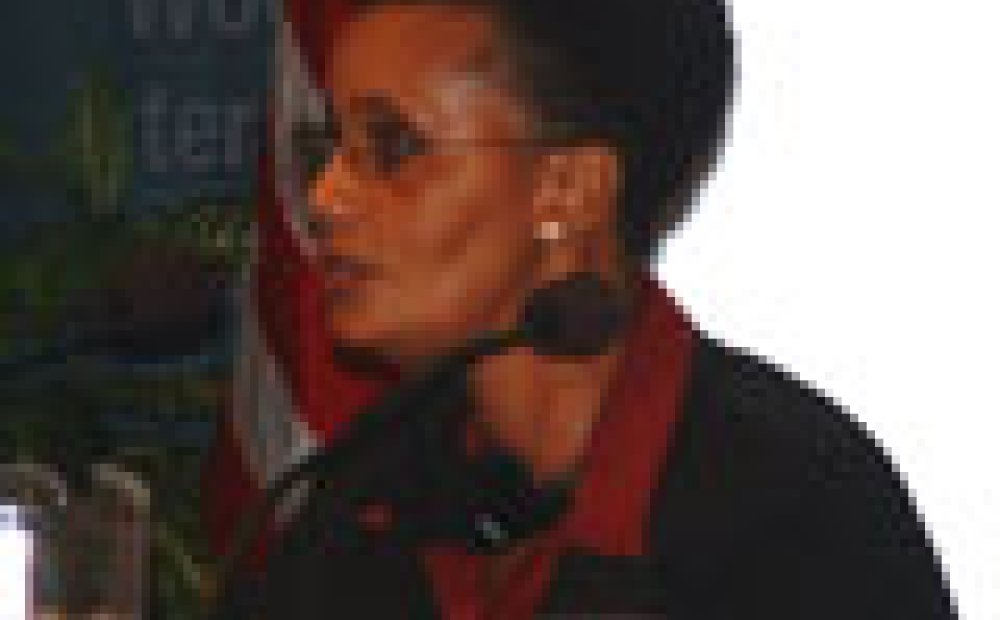The Burundi Leadership Training Program: The First Six Months

The program began with an overview of the Burundi conflict by Dr. Wolpe, who was President Clinton's Special Envoy to the Great Lakes Region and represented the United States during the Arusha negotiations. The discussion then turned to the background, methodology and content of the Burundi Leadership Training Project (BLTP). Dr. Wolpe led management and training team members in explaining the project's rationale and origins. The long history of inter-communal violence and genocide have produced deep ethnic divisions within the political elite, and enormous fear and mistrust; in addition, a huge gulf has grown between the country 's "political class" and the impoverished Burundian grassroots. The central objective of the Burundi capacity-building initiative is to develop a sustainable network of leaders capable of working together in guiding the country 's post-war reconstruction, and in implementing concrete economic recovery programs.
The BLTP is providing leadership training and continuing support for a diverse group of 100 Burundian leaders drawn from all social sectors – government and non-government, military and civilian. The training workshops are focused on skills in collaborative decision-making, visioning, communications, team building, and strategic planning. The training is participant-based, relying primarily on interactive and experiential methods, including role-playing and simulations.
The ultimate goal of the BLTP is not just to provide skills training, but to create a sustainable network of Burundian leaders who will meet regularly to brainstorm together, to reinforce each other 's efforts to keep the transition on track, and to spur the development and implementation of concrete projects. To guide this effort, a local office of the BLTP has been established in Bujumbura -- both to provide a central meeting point for the training participants, and as a means of monitoring and supporting the work of the participants.
The trainers and participants reviewed at some length, the training methodology employed, and the results of the first two training events that have been held with the first group of 34 Burundian leaders – a six-day training workshop in Ngozi in March, and a two-day follow-on training session in Bujumbura in April. The project succeeded in recruiting to the first training-group a very diverse and ethnically balanced group of leaders. Not only were all of Burundi's principal political tendencies represented, but the workshop participants including two high-ranking Army officers and representatives of six of the seven rebel formations. In addition, one-third of the participants were women; and elements of civil society – academia, the business community, and the media – were all represented.
Mr. Nahimana and Ms. Barancira described the over-all participant reaction to the project, and to the workshops that have been held. Participant evaluations of this experience to date have been uniformly positive. A remarkably cohesive group has emerged, and the participants have divided themselves into four working-groups, to work on a continuing basis on different elements of an economic recovery strategy. The two participants indicated that Burundians were particularly appreciative of the way in which the project has permitted Burundian input to shape its content and direction. While project development is only beginning, the participants are working hard and expectations are running high. Key Army leaders are now asking that a special training workshop be organized for a select group of Army and rebel military commanders, to help prepare for security reform negotiations. In addition, consideration is being given to a training retreat that would be organized for the new transitional Cabinet, including the President and Vice President, and the Parliamentary leadership.
Steven McDonald, Project Manager
Hosted By

Africa Program
The Africa Program works to address the most critical issues facing Africa and US-Africa relations, build mutually beneficial US-Africa relations, and enhance knowledge and understanding about Africa in the United States. The Program achieves its mission through in-depth research and analyses, public discussion, working groups, and briefings that bring together policymakers, practitioners, and subject matter experts to analyze and offer practical options for tackling key challenges in Africa and in US-Africa relations. Read more
